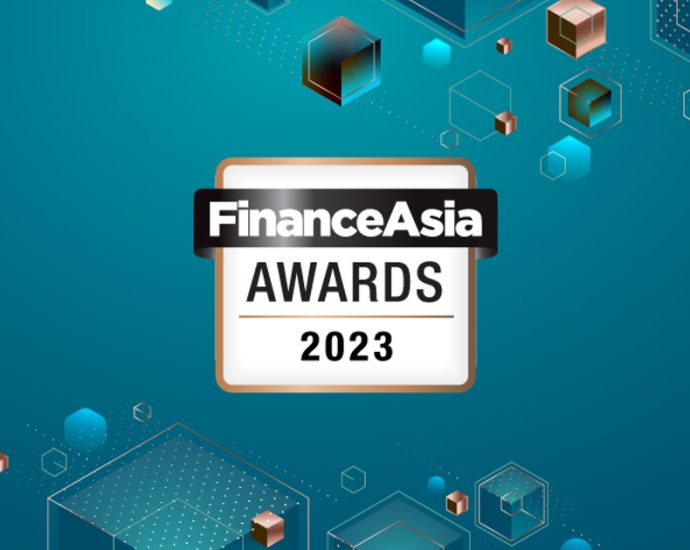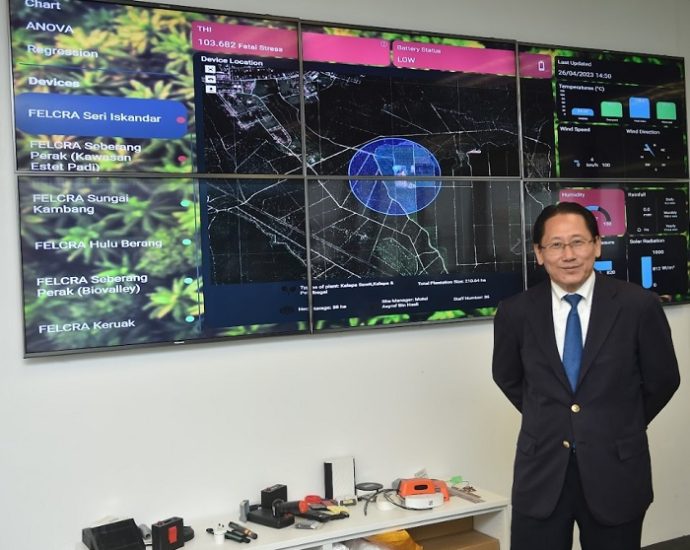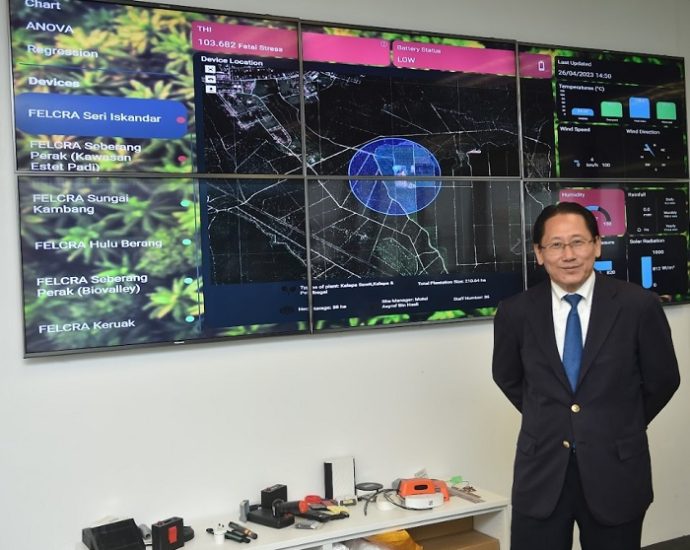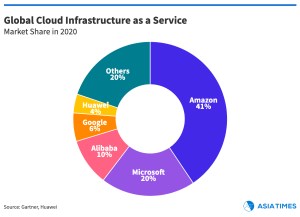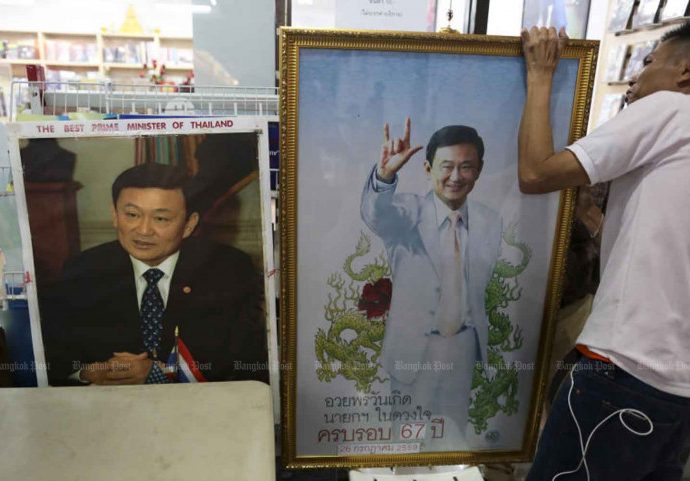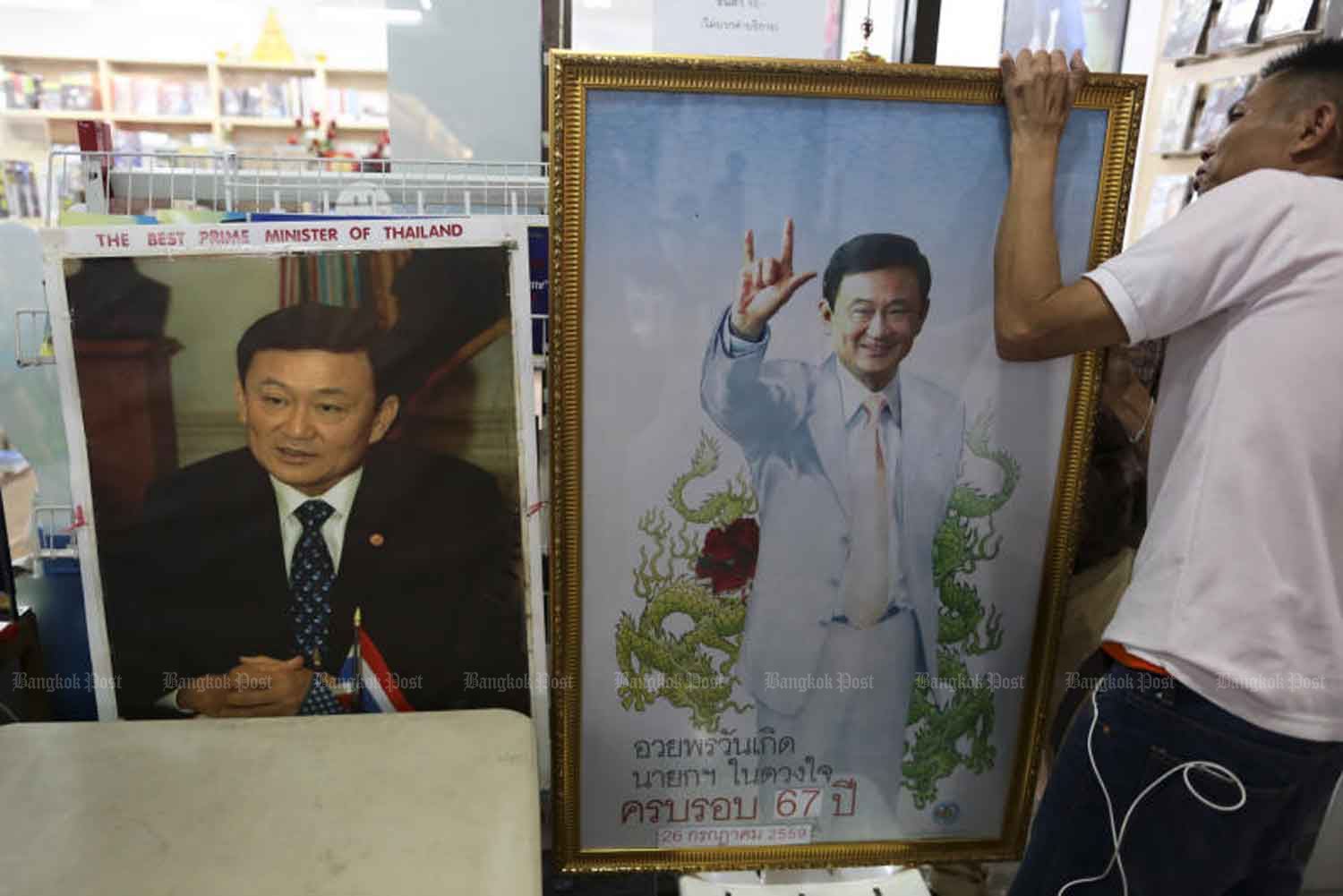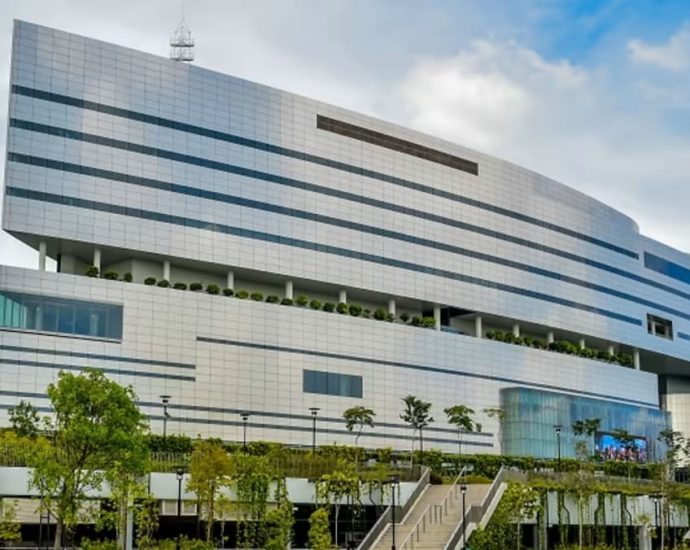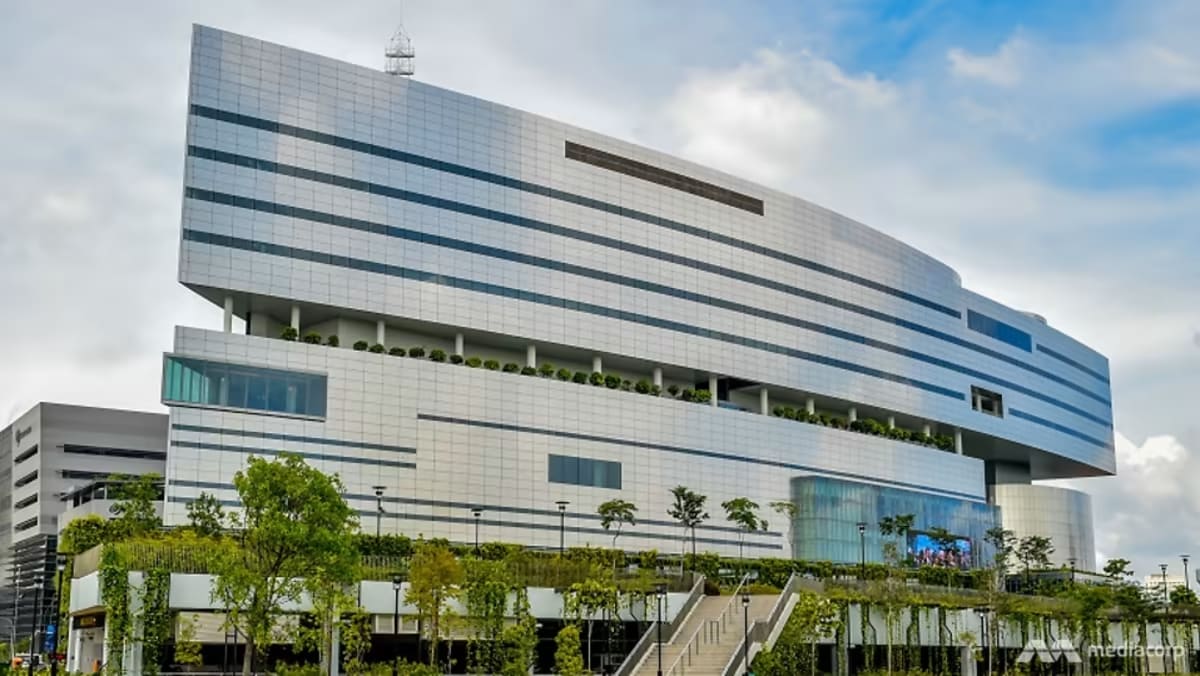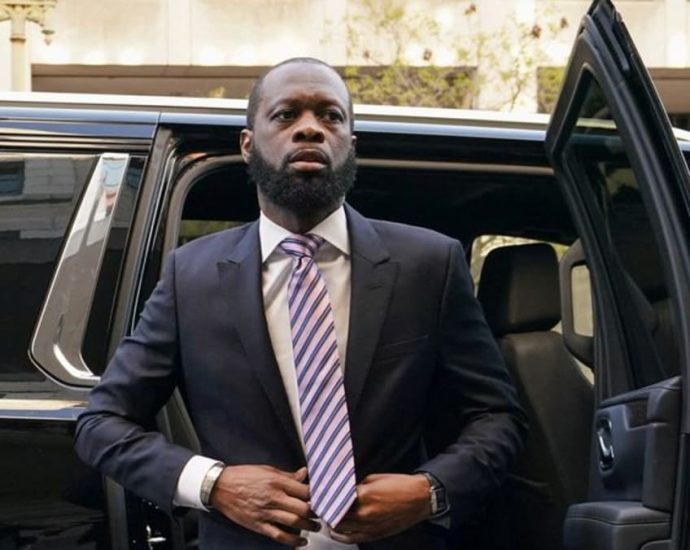Singapore to host Prince William’s Earthshot Prize ceremony supporting climate solutions
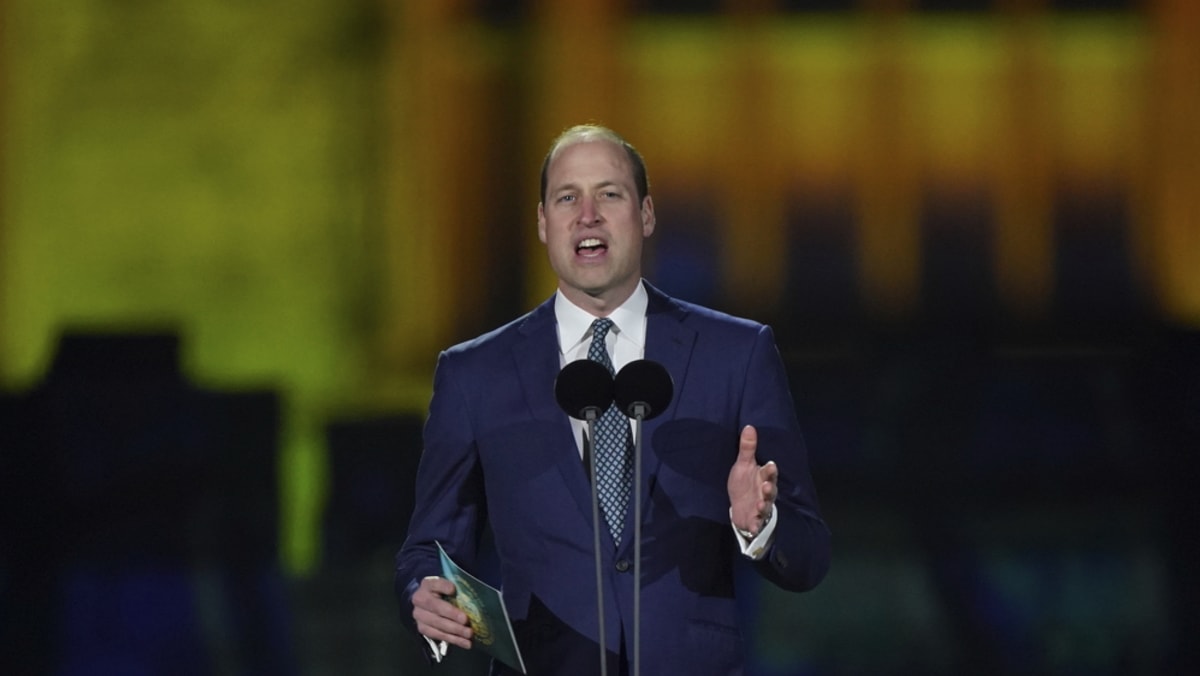
SINGAPORE: A global environmental prize founded by Britain’s Prince William will hold its third annual awards ceremony in Singapore on Nov 7.
The Earthshot Prize, founded in 2020, is aimed at supporting innovative projects to tackle climate change and protect the planet.
Five winners will each be awarded £1 million (S$1.67 million) to help them scale their environmental solutions. The finalists will be announced later this year.
Announcing the destination of the 2023 awards on Monday (May 15), Prince William said: “The Earthshot Prize is all about showing the world that solutions to some of the biggest environmental challenges we face are out there.
“After two years of discovering impactful ideas and innovations, I am delighted that The Earthshot Prize is travelling to Singapore, where the ground-breaking solutions of our 2023 Finalists will be celebrated.”
The ceremony will feature performances by “world-renowned musicians and artists”, said organisers in a media release.
They added that for the first time, the awards ceremony will be accompanied by a series of events as part of Earthshot Week.
Global leaders, businesses and investors will travel to Singapore to explore opportunities with the winners and finalists.
“Southeast Asia is one of the regions of the world most affected by climate change, but in the face of significant environmental challenges, it is also a hub for innovators, entrepreneurs, community leaders and problem solvers who are committed to restoring our planet,” organisers added.


